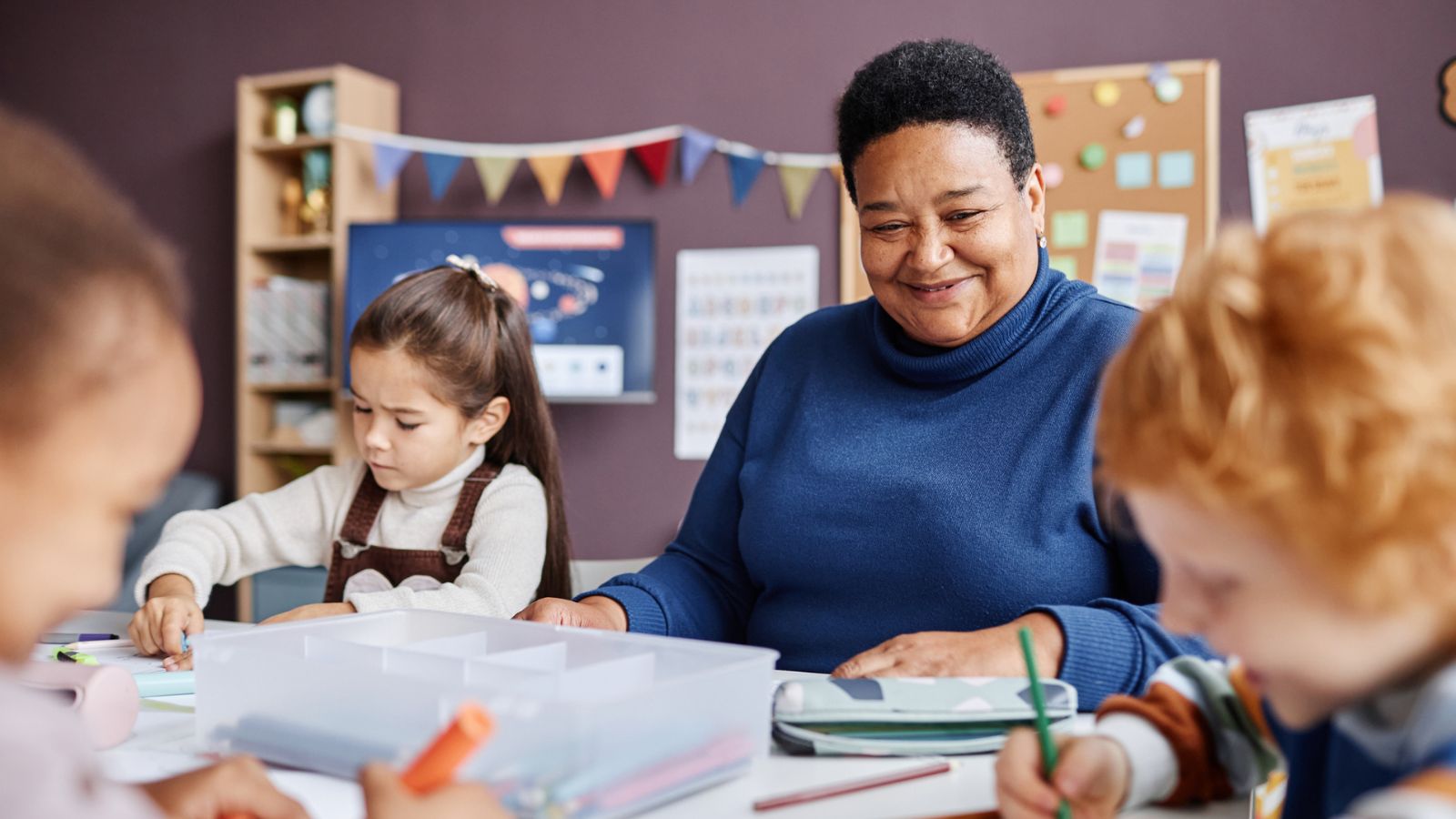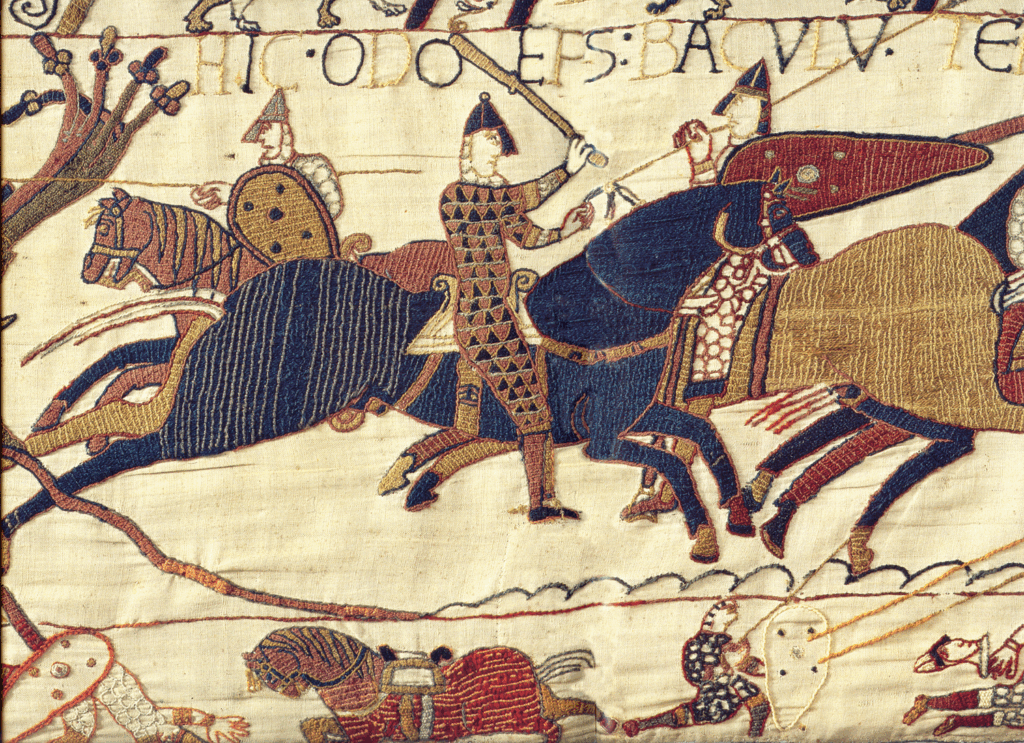As a teacher who is always working to make my classroom a fairer place, I’ve seen how bringing cultural stories and traditions into our lessons can really help students. It makes them feel seen, sparks their interest in the material, and gets them thinking deeply. Recently, I came across a study from the University of Wisconsin-Madison that shows just how powerful it can be to include Indigenous knowledge and cultural insights in our schools. It’s not just about making lessons interesting—it’s about making our classrooms welcoming for everyone.
Embracing Indigenous knowledge can reshape and redefine school discipline systems.
This research highlights a program at a high school in rural Wisconsin called the Indigenous Learning Lab (ILL). Here, students, teachers, parents, and community members work together to bring Indigenous cultural insights into how the school handles discipline and classroom management through a new culturally responsive behavioral support system (CRBSS). They’ve moved away from the usual ways of punishing students and instead use methods that prevent problems before they start, resolve conflicts, and respect Indigenous values. This new approach has made a big difference, reducing unfairness in how discipline is handed out and changing the school environment for the better. By swapping out old-school punishment for this new supportive system, the school has really transformed how students are treated and how they act.
Key findings from Mawene et al. (2024):
- Stakeholder collaboration. The study emphasizes the power of partnership. Students, teachers, parents, and community members came together to design the CRBSS, ensuring that the system was not only inclusive but also reflective of the community’s values and needs.
- Critical geography and decolonizing methodology. What does this mean? Essentially, researchers and participants looked at how historical and geographical factors affect current practices and how acknowledging these can help create fairer systems.
- Transformation through Thirdspace. Thirdspaces are really just about transforming our schools into places where new ideas can flourish. It’s about moving beyond traditional practices to embrace growth and new possibilities. Specifically, Thirdspace is about creating a school environment that not only educates but also supports healing and respects the cultural identities of all students, especially those from Indigenous communities. It signifies a shift toward an inclusive, culturally sensitive educational system that respects and nurtures every student’s background and identity.
- Dr. Mawene shared with the We Are Teachers team: “Toward the end of the second year of our collaboration, the school incorporated Indigenous cultural activities in the school calendar so Indigenous students who have to attend to their cultural practices and consequently miss school/are late to school would not be subjected to tardiness or discipline. They also created a specific program in the school wherein Indigenous students can learn through Indigenous curriculum (i.e., ways of doing and being).”
Can we trust this research?
Not all research holds the same value! Here’s what our We Are Teachers “Malarkey Meter” says when it comes to this publication, based on four key factors.
- Peer-reviewed? Yes, this research underwent peer review, ensuring a robust evaluation of the findings.
- Sample size. The study’s conclusions stem from an in-depth collaborative process involving 14 key stakeholders that included students, parents, and educators. This approach provides a rich, qualitative depth to the findings.
- Trustworthy sources. This research was conducted by a strong team (Dian Mawene, Aydin Bal, Aaron Bird Bear, Dosun Ko, Linda Orie, and Morgan Mayer-Jochimsen) of professors and students at the University of Wisconsin-Madison, and the team comprises nearly 4,000 citations! They are known for their commitment to educational justice and equity in the educational research field.
- Methodology. Basically, this study offers insights into how the school’s practices can be more inclusive and responsive through the words and stories of the 14 participants. Instead of using numbers as data points, the participants’ words were analyzed as data. The study utilized a qualitative framework with critical geography and decolonizing methodology to focus on a community-driven, participatory problem-solving process. It explored racialized school discipline within settler colonialism, emphasizing Indigenous community perspectives and experiences. This approach not only enriched the validity of the findings but also provided a comprehensive analysis of the disciplinary issues.
What does this mean for teachers?
For teachers, the implications of this research are to shift toward a more empathetic and culturally aware disciplinary approach. The aim is to not just respect but incorporate Indigenous community values and histories into daily school activities. The lead researcher on this project, Dian Mawene, shared with the We Are Teachers team that, “Educators, students, parents, and community members are agents of change. They are capable of questioning existing systems and reimagining what works best for them.” Here are some ways the research can encourage teachers to be agents of change:
- Encourage community involvement. Bring local Indigenous knowledge into the classroom. Maybe invite community elders to share stories or collaborate on cultural events.
- Rethink discipline. Move away from simply punishing bad behavior. For example, instead of detention, how about a mediation session where students discuss their actions and learn from them?
- Educate and train. Invest in learning more about cultural responsiveness. Understand the deep impacts of colonial history on schooling.
- Embrace cultural epistemologies. Use the cultural backgrounds of students as a foundation for learning activities. Maybe a project on native plants used in traditional medicines or a math lesson inspired by patterns in Indigenous art.
- Collaborate across communities. Work with parents and community leaders to shape school policies, ensuring they reflect the community’s diverse voices.
- Reimagine school space. Consider your school as a cultural showcase. How can your classroom honor the diverse backgrounds of all students? This method integrates tribal knowledge into school rules and planning, reshaping systems to honor and elevate Indigenous cultures and governance.
Other examples of Indigenous-inclusive policies and practices
Here are some other ways that educators across America are agents of change:
The Wisconsin success story demonstrates that schools embracing and integrating Indigenous cultural knowledge create thriving environments for all students. By fostering collaboration and respect, we can transform our schools into nurturing spaces that respect and celebrate diversity.







Leave a Reply